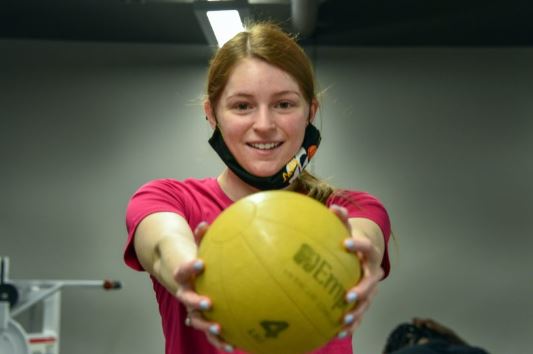Augusta University Medical Center offers highly complex approaches to treating coronary
artery disease (CAD). CAD happens when coronary arteries become blocked or narrowed,
limiting the flow of blood to the heart muscle.
Treatment for Chronic Total Occlusions (CTO)
Narrowing of arteries is caused by plaque buildup. Sometimes plaque can be so dense
that the normal technology used for cardiac catheterization or percutaneous coronary
intervention (PCI) does not work. CTOs occur when this dense plaque builds up for
three months or more, causing symptoms including:
- Chest pain, tightness
- Shortness of breath
- Fatigue
- Pain in the upper arm or jaw
- Nausea
- Dizziness
Interventions for CTOs require providers with advanced skills and technology. The
specially-trained interventional cardiologists at AUMC are leaders in their field
and can provide superior care. Our providers will collaborate with you to determine
your best course of CTO treatment. You can be considered as a candidate if you are:
- Still experience symptoms of CAD after multiple procedures such as, stenting, coronary
artery bypass graph (CABG), or open-heart surgery.
- Have been told that there is nothing else that can be done to alleviate your symptoms.
Brachytherapy treatment
There are only a few hospitals in the US that offer brachytherapy - AUMC is the stand
alone hospital in our area that offers this treatment. If you have restenosis, our
expert interventional cardiologists will discuss this treatment option with you. Treatment
plans for restenosis are very individualized.
What is restenosis?
Almost 15% of people who have had their CAD treated with a stent can develop a blockage
inside the stent, called restenosis. When this happens, you may experience the same
symptoms you had before the stent was placed. We use brachytherapy, commonly used
to treat cancers, to treat narrowing arteries inside coronary stents. It is a minimally
invasive procedure in which a radioactive seed is implanted beside the plaque limiting
blood flow.

